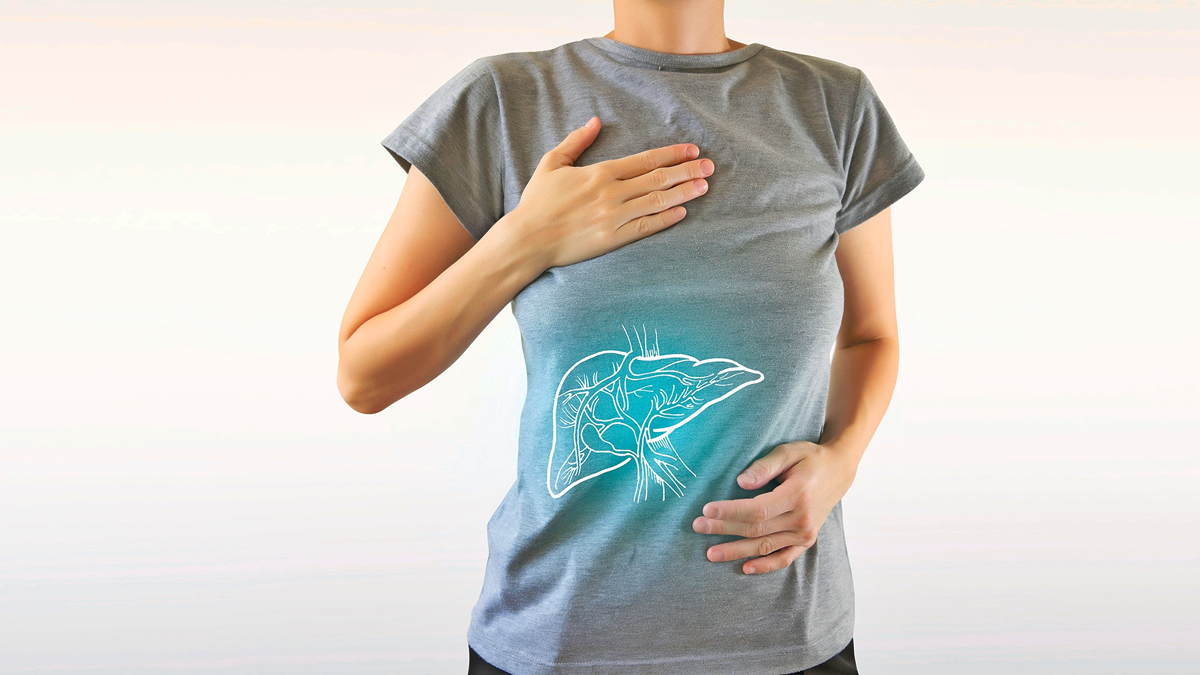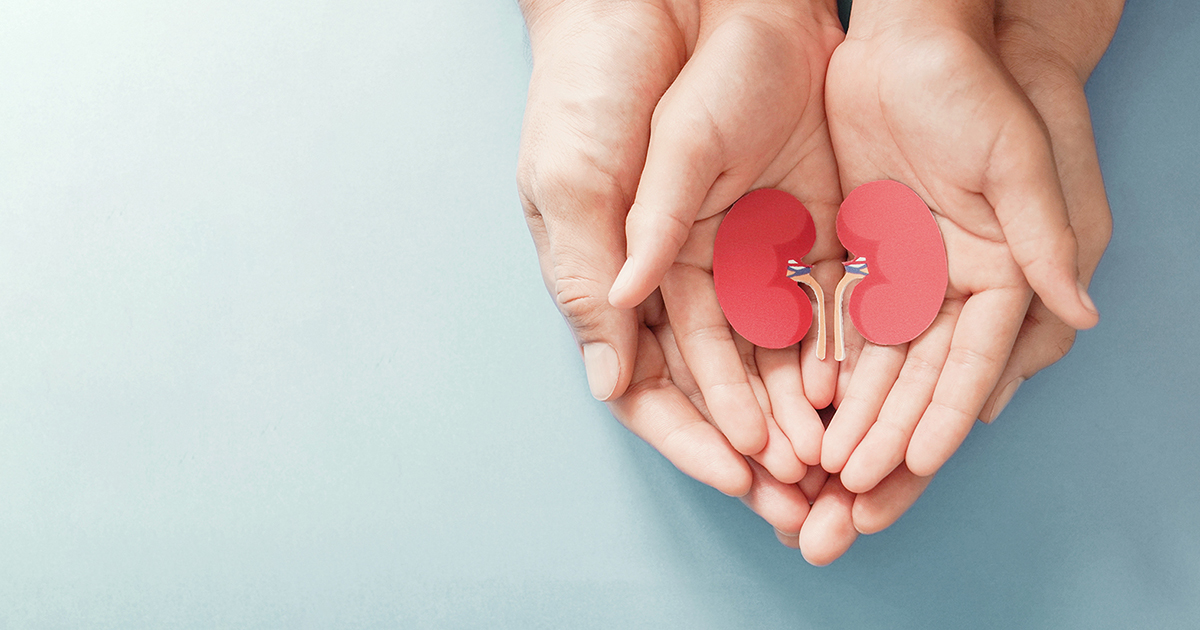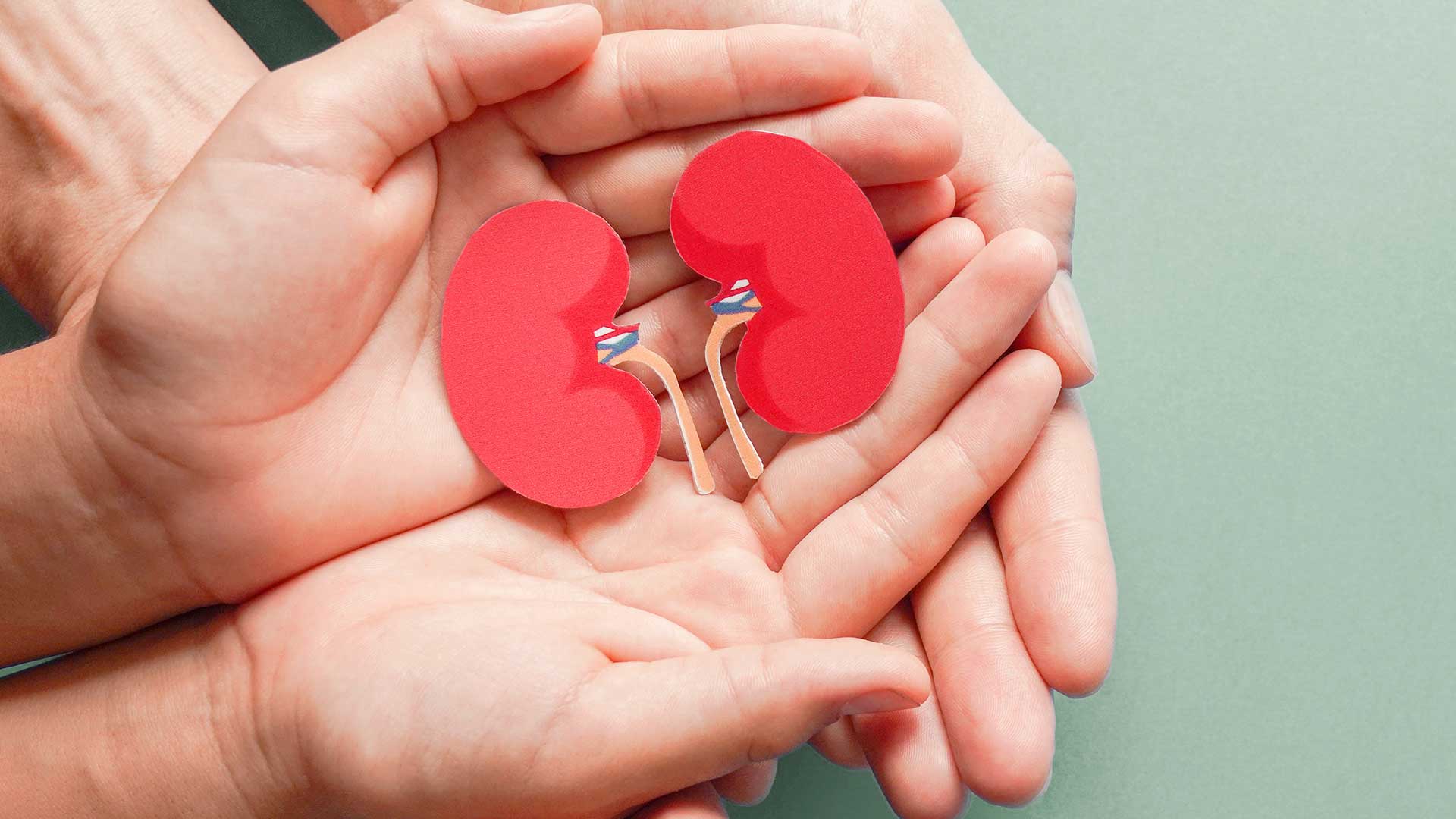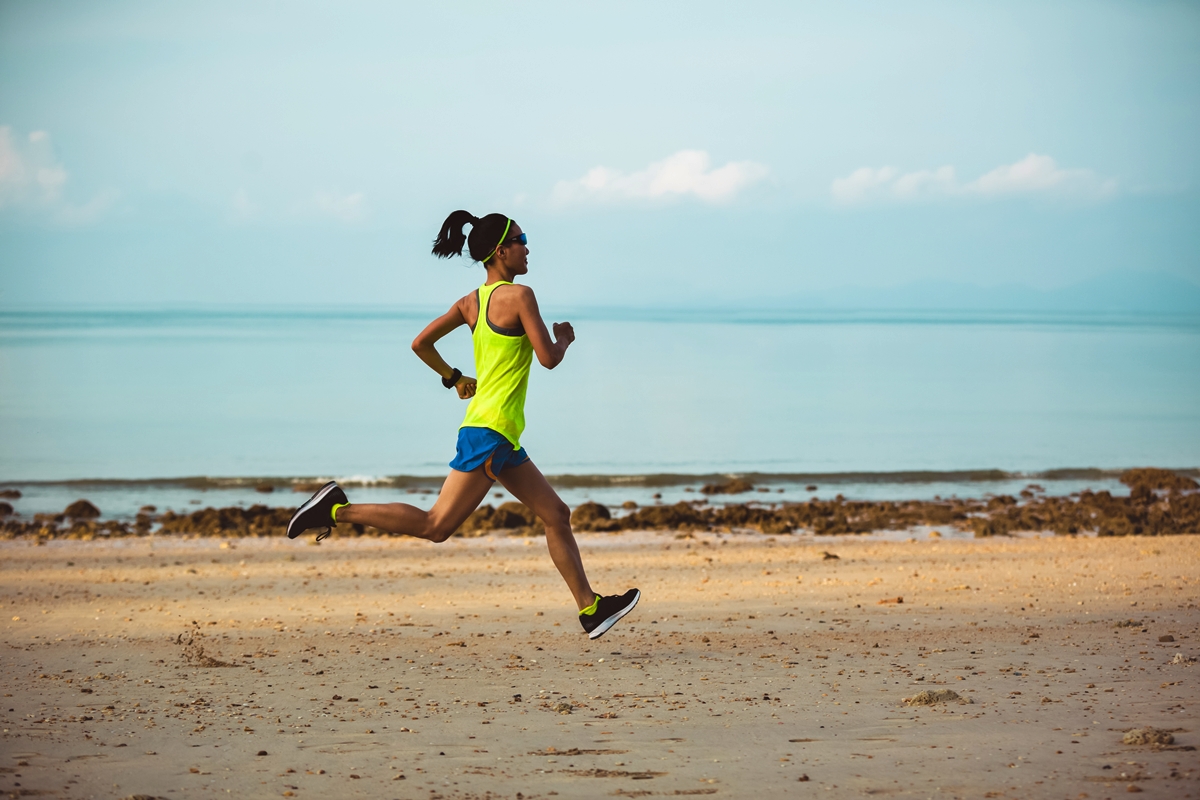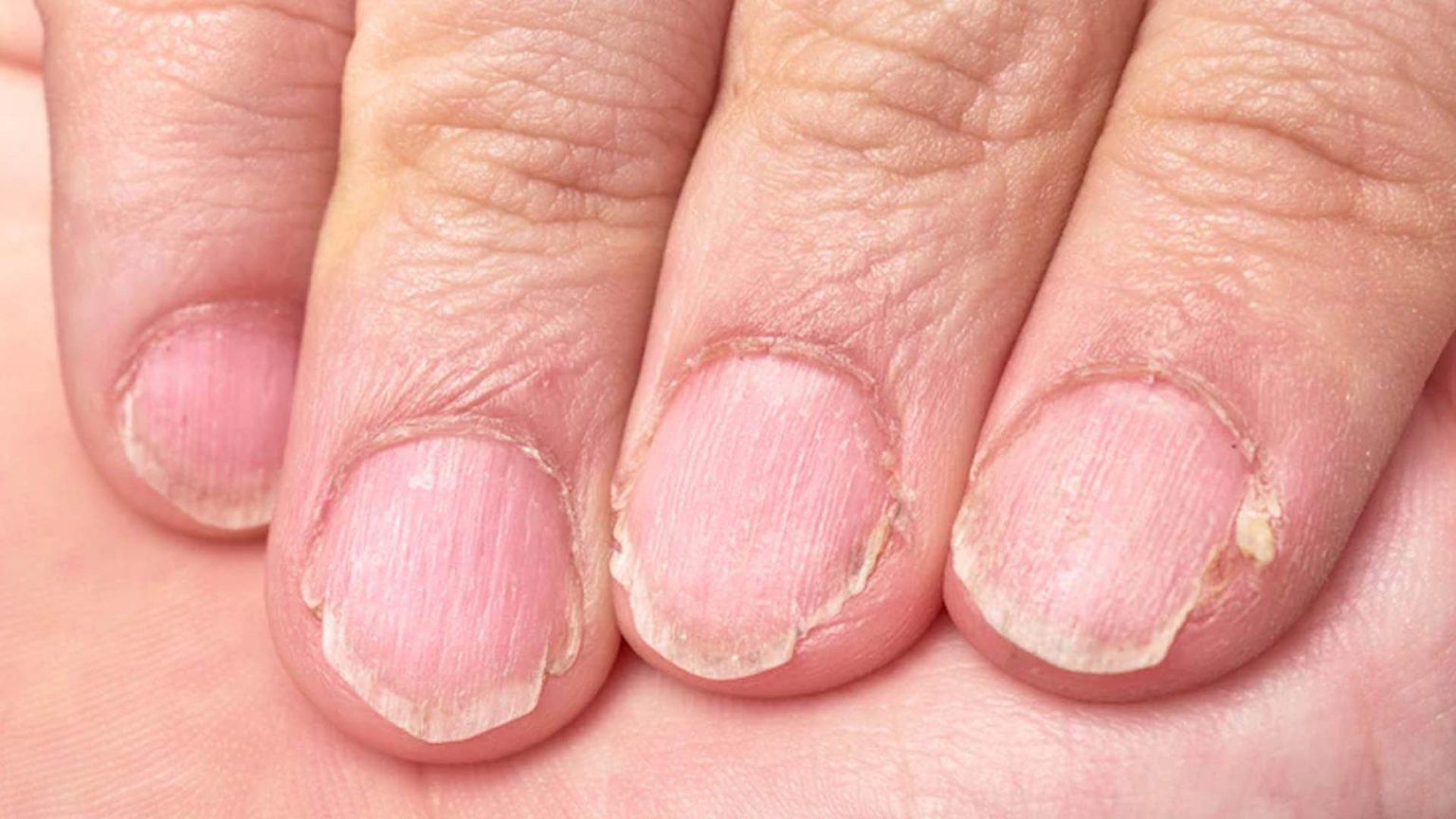Home>Misc>Featured>What Does Alcohol Do To Athletic Performance


Featured
What Does Alcohol Do To Athletic Performance
Modified: January 2, 2024
Featured article discussing the impact of alcohol on athletic performance, exploring its negative effects on endurance, recovery, and muscle growth. Learn how alcohol can hinder your fitness goals.
Introduction
Alcohol is a widely consumed beverage that is often associated with social gatherings, celebrations, and relaxation. However, when it comes to athletic performance, the effects of alcohol can be detrimental. Athletes, whether professional or recreational, strive for optimal performance, and alcohol consumption can hinder their progress.
Alcohol acts as a depressant to the central nervous system, slowing down brain activity and impairing cognitive function. This can have a significant impact on an athlete’s physical and mental abilities, ultimately affecting their performance. While moderate alcohol consumption may not have immediate negative effects, excessive and regular drinking can disrupt various physiological processes that are essential for athletic performance.
In this article, we will explore the effects that alcohol can have on athletic performance. We will discuss its impact on hydration, muscle recovery, muscle strength and power, endurance and cardiovascular performance, as well as reaction time, balance, and coordination. Additionally, we will delve into the role of alcohol in nutrition for athletes and provide strategies for moderating alcohol consumption in order to optimize performance.
Effects of Alcohol on Hydration
Hydration is crucial for optimal athletic performance, as even mild dehydration can lead to decreased performance, diminished cognitive function, and increased risk of injury. Unfortunately, alcohol has a diuretic effect, meaning it increases urine production and can contribute to dehydration.
When consumed, alcohol inhibits the release of an antidiuretic hormone called vasopressin, which helps the body reabsorb water and maintain fluid balance. As a result, the kidneys produce more urine, leading to a loss of fluid. This can exacerbate dehydration, especially in athletes who engage in strenuous physical activity and are already prone to water loss through sweating.
Furthermore, alcohol can disrupt the body’s electrolyte balance. Electrolytes, such as sodium and potassium, play a vital role in maintaining proper fluid balance and muscle function. Excessive alcohol consumption can cause electrolyte imbalances, leading to muscle cramps, fatigue, and decreased performance.
It is important for athletes to be mindful of their hydration status and avoid heavy alcohol consumption, particularly before, during, or after training or competitions. Opting for hydrating beverages such as water, sports drinks, or coconut water, and avoiding excessive alcohol intake, can help athletes maintain optimal hydration levels and support their performance goals.
Impact of Alcohol on Muscle Recovery
Muscle recovery is a critical component of athletic performance. After intense workouts or competitions, the body goes through a process of repairing and rebuilding muscle fibers, which helps to increase strength and overall performance. However, alcohol consumption can impede this essential recovery process.
Alcohol has been shown to interfere with protein synthesis, which is vital for muscle repair and growth. It inhibits the production of anabolic hormones, such as testosterone, which are key players in muscle recovery. Additionally, alcohol disrupts sleep patterns, leading to poor quality sleep, further impairing the body’s ability to fully recover.
Furthermore, alcohol has inflammatory properties that can exacerbate exercise-induced inflammation and delay the healing process. This can prolong muscle soreness and hinder the overall recovery timeline. Inflammation is a natural response to exercise-induced muscle damage, but excessive alcohol consumption can intensify this inflammatory response, leading to prolonged recovery time and increased risk of injury.
It is important for athletes to prioritize their muscle recovery by minimizing alcohol consumption, particularly during periods of intense training or competition. Optimal muscle recovery can be facilitated by consuming a balanced diet rich in nutrients, staying properly hydrated, and getting sufficient rest and sleep.
Alcohol’s Influence on Muscle Strength and Power
Muscle strength and power are key components of athletic performance, particularly in activities that require explosive movements or high levels of force production. However, the consumption of alcohol can have a negative impact on these attributes.
Alcohol impairs the body’s ability to generate force and power by affecting the neuromuscular system. It interferes with the communication between the nerves and muscles, resulting in decreased coordination and slower reaction times. This can significantly impact an athlete’s ability to generate force and power during explosive movements such as sprinting, jumping, or weightlifting.
Additionally, alcohol has a detrimental effect on muscle contractility, which is the ability of muscles to shorten and generate force. It can inhibit the release of calcium ions, which are essential for muscle contraction. As a result, the muscle fibers cannot contract as efficiently, leading to decreased muscle strength.
Furthermore, alcohol consumption can lead to muscle wasting and a decrease in muscle protein synthesis. This can result in a loss of muscle mass and strength over time, further compromising an athlete’s performance.
It is essential for athletes to consider the impact of alcohol on their muscle strength and power. While occasional and moderate alcohol consumption may not have a significant immediate effect, excessive or chronic alcohol intake can impair athletic performance over time. By limiting alcohol consumption and focusing on proper training, nutrition, and recovery, athletes can optimize their muscle strength and power.
Alcohol’s Effect on Endurance and Cardiovascular Performance
Endurance and cardiovascular performance are essential for athletes participating in activities such as long-distance running, cycling, swimming, and other endurance-based sports. However, the consumption of alcohol can have a negative impact on these aspects of athletic performance.
Alcohol is known to impair cardiovascular function by dilating blood vessels and altering heart rate control. While alcohol may initially create a feeling of warmth, this dilation of blood vessels can result in increased heat loss and decreased core body temperature, which can negatively affect exercise performance, particularly in cold environments.
Furthermore, alcohol can adversely affect the delivery of oxygen to working muscles. It reduces the amount of oxygen that can be transported by red blood cells and impairs oxygen uptake and utilization within the muscles. This can lead to decreased endurance capacity and a quicker onset of fatigue.
In addition to its impact on cardiovascular function, alcohol can also disrupt energy metabolism. Alcohol is metabolized as a priority by the body, diverting energy away from the breakdown of carbohydrates, fats, and proteins. This can lead to diminished glycogen stores, which are the primary fuel source for endurance activities. As a result, athletes may experience a decline in performance and struggle to maintain intensity during prolonged exercise.
Given the negative effects of alcohol on endurance and cardiovascular performance, athletes are encouraged to limit their alcohol intake, particularly before important training sessions or competitions. Optimal performance in endurance-based activities can be achieved by ensuring proper hydration, fueling with appropriate nutrients, and abstaining from excessive alcohol consumption.
Alcohol’s Impact on Reaction Time, Balance, and Coordination
Reaction time, balance, and coordination are vital elements of athletic performance, as they contribute to agility, quick decision-making, and overall motor skills. However, the consumption of alcohol can significantly impair these aspects, posing a risk to an athlete’s performance and safety.
Alcohol acts as a central nervous system depressant, slowing down brain activity and impairing cognitive function. This can result in delayed reaction times, making it difficult for athletes to respond quickly to stimuli such as a ball, opponent, or sudden change of direction. Slowed reaction times can hinder performance in sports that require agility, precision, and quick reflexes, such as tennis, soccer, or basketball.
Alcohol also affects balance and coordination by disrupting the communication pathways between the brain and muscles. It can impair the cerebellum, which is responsible for coordinating movements and maintaining balance. This can lead to unsteady movements, reduced accuracy, and an increased risk of falls or injuries, especially in sports that demand a high degree of balance, such as gymnastics or surfing.
Additionally, alcohol impairs hand-eye coordination, making it challenging to perform tasks that require fine motor skills, accuracy, or precision. This can affect performance in sports such as archery, golf, or shooting, where precise control of movement and targeting is crucial.
Athletes must be diligent about avoiding alcohol consumption before training sessions, practices, or competitions to minimize the negative impact on reaction time, balance, and coordination. By maintaining sobriety, athletes can maximize their athletic abilities, reduce the risk of injury, and enhance performance in activities that demand quick reflexes and precise movements.
Alcohol and Nutrition for Athletic Performance
Nutrition plays a crucial role in supporting athletic performance, providing the necessary energy, nutrients, and hydration for optimal physical and mental functioning. However, the consumption of alcohol can have negative effects on nutrition and hinder an athlete’s ability to perform at their best.
Alcohol is considered “empty calories” as it provides energy without any significant nutritional value. It contains seven calories per gram, which is close to the calorie content of fat. Excessive alcohol consumption can contribute to weight gain and hinder an athlete’s ability to maintain a healthy body composition.
Alcohol can also inhibit the absorption and utilization of essential nutrients. It interferes with the absorption of vitamins and minerals, including B vitamins, zinc, magnesium, and calcium, which are important for energy production, muscle function, and overall health. This can compromise an athlete’s nutrient status and hinder their performance and recovery.
In addition, excessive alcohol consumption can lead to poor dietary choices. Alcohol is often consumed alongside high-calorie, nutrient-poor foods, such as fried snacks, fast food, or sugary beverages. This can result in an unhealthy diet, lacking in the necessary nutrients athletes need to support their training and performance goals.
Furthermore, alcohol can impair judgment and decision-making, leading to poor choices regarding nutrition and hydration. Athletes may be more likely to forego nutritious meals or opt for inadequate fluid intake while under the influence of alcohol, further compromising their performance and recovery.
For athletes striving for optimal performance, it is important to prioritize nutrition and make informed choices regarding alcohol consumption. They should aim for a well-balanced diet that includes a variety of nutrient-dense foods to support their energy needs, muscle recovery, and overall health. Hydration should also be prioritized by consuming adequate water and electrolyte-rich beverages, rather than relying on alcohol as a source of hydration.
Strategies for Moderating Alcohol Consumption as an Athlete
As an athlete, it is important to be mindful of alcohol consumption and its potential impact on performance. While complete abstinence may not be necessary for all athletes, implementing strategies to moderate alcohol intake can help optimize athletic performance and overall health. Here are some strategies to consider:
- Set limits: Establish guidelines for alcohol consumption, such as limiting the number of drinks or setting specific days when alcohol is allowed.
- Plan ahead: If you know you have a training session or competition the next day, avoid consuming alcohol the night before to ensure optimal performance.
- Stay hydrated: Alcohol can dehydrate the body, so it is crucial to prioritize hydration by consuming plenty of water before, during, and after drinking alcohol.
- Choose lower alcoholic content: Opt for beverages with lower alcohol content, such as light beer or wine, instead of stronger spirits or mixed drinks.
- Avoid binge drinking: Excessive alcohol consumption is more detrimental to performance than moderate intake, so try to spread out your drinks over a longer period and avoid binge drinking.
- Be mindful of timing: If you do choose to drink alcohol, do so at least several hours before engaging in physical activity to allow time for the body to metabolize the alcohol.
- Seek support: If you find it challenging to moderate your alcohol consumption, reach out to friends, teammates, or a professional for support and accountability.
- Focus on recovery: After consuming alcohol, prioritize proper recovery strategies, such as getting sufficient sleep, consuming nutritious meals, and hydrating adequately.
- Know your limits: Understand your own tolerance for alcohol and recognize when it may be negatively impacting your performance or overall well-being. Listen to your body and make decisions accordingly.
These strategies can assist athletes in maintaining a healthy balance between enjoying occasional drinks while still prioritizing their athletic goals. It is essential to remember that moderation is key, and everyone’s individual needs and tolerances may vary. By being mindful of alcohol consumption and making informed choices, athletes can support their performance and overall well-being.
Summary and Considerations
Alcohol consumption can have significant effects on athletic performance and overall well-being. From the negative impact on hydration, muscle recovery, strength, endurance, and coordination to its influence on reaction time and nutrition, alcohol poses obstacles for athletes striving for optimal performance.
Athletes should be aware of the potential risks associated with excessive alcohol consumption and take steps to moderate their intake. By implementing strategies such as setting limits, planning ahead, staying hydrated, and making informed choices, athletes can minimize the detrimental effects of alcohol on their performance.
It is important to recognize that each athlete’s tolerance and response to alcohol may vary. Some athletes may choose to abstain entirely, while others may be able to enjoy occasional and responsible drinking without significant negative impacts. It ultimately comes down to understanding personal limits, respecting the body’s needs, and making decisions that support overall health and performance goals.
Overall, athletes should prioritize their training, nutrition, hydration, and recovery to optimize their athletic performance. By considering the impact of alcohol on their physical and mental well-being, athletes can make informed choices that align with their goals and enhance their athletic endeavors.


